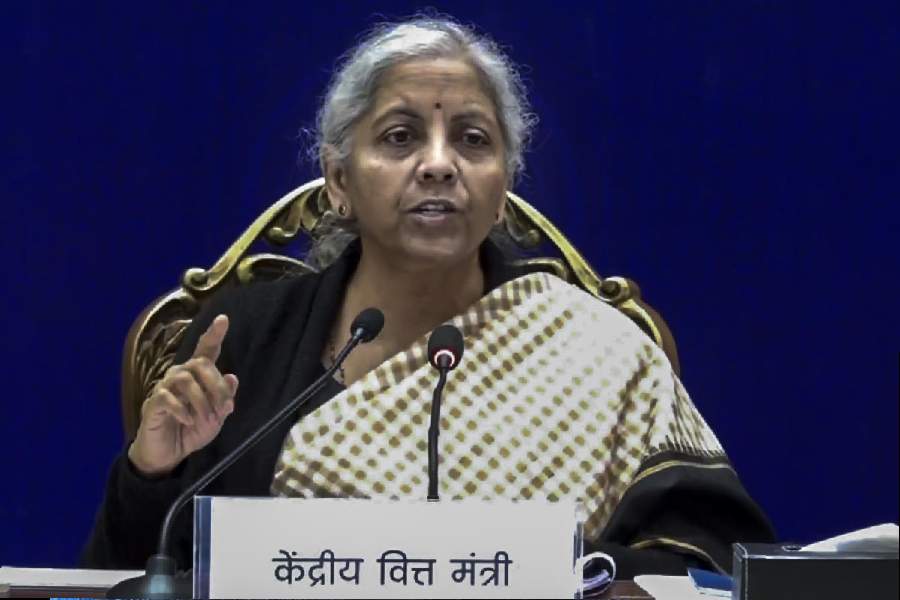Finance minister Nirmala Sitharaman on Tuesday made a strong case for further privatisation of public sector banks (PSBs), asserting that such moves will not compromise financial inclusion or national interest.
Addressing students at the Diamond Jubilee Valedictory Lecture of the Delhi School of Economics (DSE), University of Delhi, Sitharaman stated that the nationalisation of banks in 1969 did not yield the expected results in terms of financial inclusion, despite expanding priority sector lending and supporting government programmes.
“Nationalisation did help in pushing government schemes and priority sector credit, but the system became unprofessional under state control,” she said. “Despite 50 years of nationalisation, the objectives were not entirely achieved. After we professionalised the banks, those same objectives are being beautifully achieved.”
Rejecting the notion that privatisation could dilute social objectives, the finance minister said, “This perception that when you make them professional or privatise them, the goal of reaching banking services to everyone will be lost, is incorrect.”
Recalling the misuse
of PSBs in the past, Sitharaman pointed to the “twin balance sheet problem” of 2012–13, which took several years to fix.
“It took us nearly six years after Prime Minister Narendra Modi came into power to correct it. Now, Indian banks stand exemplary in terms of asset quality, net interest margin, credit and deposit growth, and financial inclusion,” she said.
She emphasised that banks operating professionally, with board-driven decisions, can effectively meet both national and commercial objectives.
Bank unions condemned the finance minister’s observation that nationalisation had not yielded expected results.
“Mass banking in India is made possible because of public sector banks, and these banks are in the forefront of opening Jan Dhan zero balance accounts for financial inclusion.
“Public sector banks are vital in financing agriculture and small and medium enterprises, playing a pivotal role in the job creation,” Rajen Nagar, president of AIBEA, told The Telegraph.










